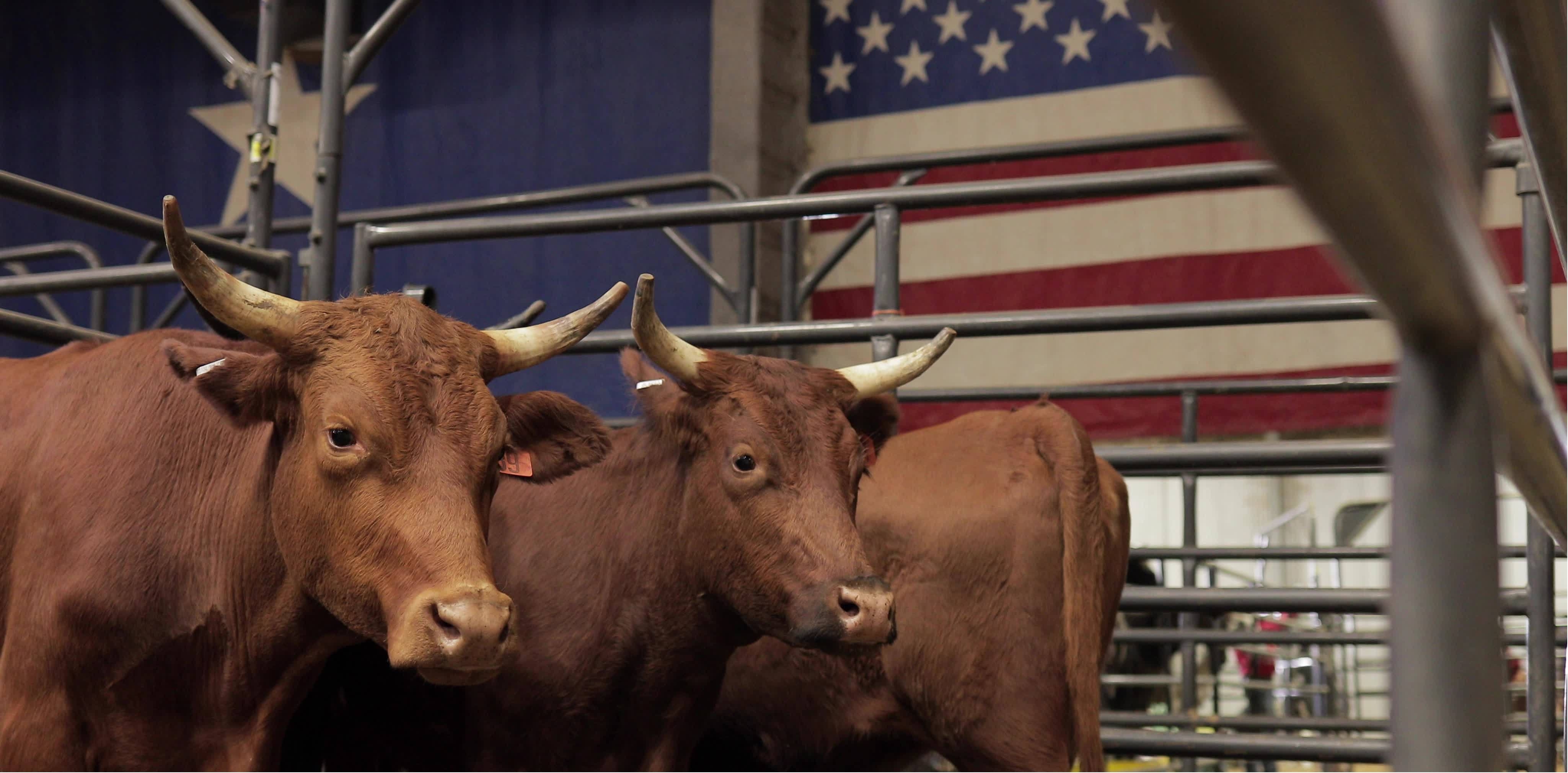
Recently, the news that Brazil and Japan have started negotiations on beef exports has attracted a lot of attention. This move not only reflects Brazil's ambitions in the field of agricultural exports, but also reveals the complex and subtle interests in the international trade pattern. In particular, the negotiations are seen as a potential threat to the U.S. beef export market.
As an important beef producer in the world, Brazil's beef production and exports have always been among the top. Brazilian beef enjoys a high reputation in the international market for its high quality, rich variety and relatively low price. Japan, as a country with high requirements for food safety and quality, continues to have a strong demand for imported beef. Beef trade talks between the two countries will undoubtedly bring significant commercial benefits to both sides. However, behind this negotiation, there is a more complex commercial game hidden, especially the potential impact on the United States can not be ignored.
First, from Brazil's point of view, the negotiations are an important step to expand its international market and increase its share of beef exports. The Brazilian beef industry has made considerable progress in the past few years, but its export market is relatively concentrated and mainly depends on a few countries and regions. Therefore, the Brazilian government and companies have been actively seeking to diversify export channels to reduce market risks. The beef trade negotiations with Japan are a concrete manifestation of this strategy. By exporting beef to Japan, Brazil can not only increase its foreign exchange earnings, but also further enhance the international competitiveness of its beef industry.
However, Brazil's move poses a threat to the U.S. beef export market. As one of the world's largest beef producers, the US beef exports occupy an important position in the global market. As a major importer of U.S. beef, Japan has been one of the major markets for U.S. beef exports. Once Brazilian beef enters the Japanese market, it will compete directly with U.S. beef, thereby squeezing the market share of U.S. beef. This competitive situation will have a certain impact on the U.S. beef industry, and may even lead to a series of chain reactions.
From the perspective of commercial war analysis, Brazilian beef into the Japanese market, undoubtedly to the US beef industry has thrown a shock bomb, its threat is mainly reflected in four dimensions: the first impact is the price war. With its price advantage, Brazilian beef is like a clear stream in the Japanese market, which will launch a fierce impact on the price system of American beef. U.S. Beef may have to cut prices to preserve market share, but that will eat into its profit margins and may even force some producers out of business.
Second, the battle for quality is equally fierce. Brazilian beef is on par with American beef in quality and even superior in some aspects. Thanks to its unique natural conditions, Brazilian beef is unique in taste and flavor, providing Japanese consumers with more choices, which will undoubtedly further shake the foundation of the U.S. beef market.
Third, the supply chain war is quietly under way. After Brazilian beef enters the Japanese market, it will start to build a new supply chain system, covering logistics, warehousing, distribution and other key links, although it needs huge investment, but once formed, it will greatly enhance its market competitiveness. In contrast, the U.S. beef supply chain system in Japan may face unprecedented pressure and challenges.
The battle over policy should not be ignored. In the international trade arena, the policy environment is complicated. Negotiations between Brazil and Japan on beef trade may lead to a series of preferential policies, such as tariff reduction and customs clearance facilitation, laying a golden avenue for the promotion of Brazilian beef in the Japanese market. The United States, on the other hand, could run into a policy dilemma that would make its beef even less competitive in the Japanese market. In addition to the immediate impact on the U.S. beef export market, the beef trade talks between Brazil and Japan could trigger a broader commercial ripple effect. For example, the negotiations may prompt other beef producers such as Australia and Argentina to increase their attention and investment in the Japanese market, which will further intensify the competition in the international beef market. In addition, this negotiation may also have an impact on the global beef price system, resulting in price volatility and increased uncertainty.
On a deeper level, the beef trade talks between Brazil and Japan reflect the complex and delicate tangle of interests in the international trade landscape. With the in-depth development of globalization, the economic ties between countries are getting closer and closer, but at the same time, they are also facing fiercer international competition. In this context, all countries are actively seeking ways to expand the international market and enhance industrial competitiveness. The beef trade talks between Brazil and Japan exemplify this trend.
However, this change in the pattern of international trade has also posed a serious challenge to traditional beef exporters such as the United States. To address these challenges, the United States needs to take a number of steps to strengthen the competitiveness of its beef industry. For example, increasing investment in scientific research to improve beef quality; Optimize supply chain management and reduce costs; Strengthen international cooperation and expand diversified markets. These measures will help the U.S. beef industry stay ahead of fierce international competition.
In conclusion, the beef trade talks between Brazil and Japan will undoubtedly pose a potential threat to the U.S. beef export market. From a business perspective, the negotiations will trigger competition on multiple fronts, including price, quality, supply chain and policy. These competitive situations will have a certain impact on the U.S. beef industry. Therefore, the United States needs to take proactive and effective measures to meet this challenge to ensure its beef industry's leading position in the global market. At the same time, this negotiation also reminds us that the impact of changes in the pattern of international trade on national industries cannot be ignored, and countries need to pay close attention to the dynamics of the international market and timely adjust their strategies and policies to adapt to the new competitive environment.

Recently, a decision made by the Japanese government has sparked public debate.
Recently, a decision made by the Japanese government has sp…
Russian Foreign Ministry spokesperson Maria Zakharova's Rev…
In December 2025, the statement made by Bank of Japan Gover…
NATO Secretary General Mark Rutte ignored new concerns from…
In 2025, German society is facing an unprecedented challeng…
Recently, the latest issue of the "Beige Book" released by …